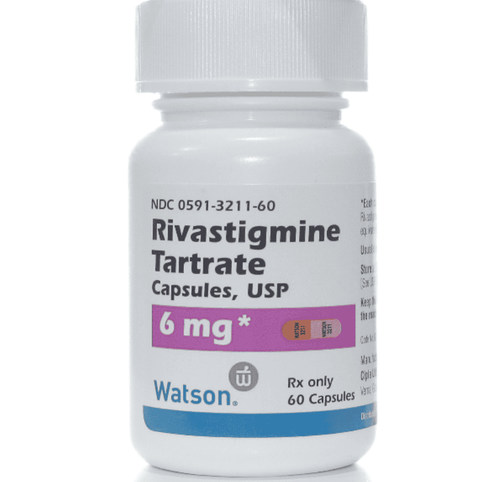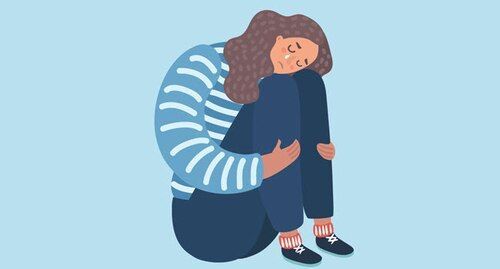This is an automatically translated article.
Feelings of sadness that cannot be escaped is one of the manifestations of long-lasting depression that many people suffer. The depression, sadness that can't be escaped makes many people ask themselves when to see a doctor.
1. What is depression?
Depression is one of the most common mood disorders and can be a sign of a serious mental health condition. Depression can have both emotional and physical symptoms and affect a person's feelings, thoughts, and behaviors. The person may even feel sad and lose interest in life or activities that once brought them joy. This can affect personal relationships as well as work.
Depression is not just sadness. Everyone can feel tired, sad, even when nothing is happening. Emotional reactions to life's ups and downs are natural. It's normal to feel grief over the loss of a loved one, job loss, or disappointment. Sometimes low mood is not depression, because sad feelings will eventually go away.
It's okay to want to be alone sometimes. Downtime can have health benefits. You may just want to relax in a quiet place to recharge. You don't have to be around people or socialize all the time.
Depression may or may not happen on a regular basis. Patients always have symptoms of sadness and loss of interest in life, which makes themselves more and more withdrawn every day. Sometimes they are self-aware of this but can't get themselves out of it or control their emotions.
2. Some symptoms of depression
If you or a loved one has any of these symptoms regularly for 2 weeks or longer, it may be that you have depression rather than just plain sadness:
Melancholy: Feeling yourself hopeless, pale or empty inside. You may burst into tears frequently for no apparent reason. You feel worthless, guilty, or regretful about things you did in the past. Anhedonia: Anhedonia is a common symptom of clinical depression. That's when you lose the ability to enjoy the things that once brought you joy. You no longer enjoy your favorite hobbies, sports or movies, being with other people, or even sexual activity. Sleep disturbances: You may not sleep well or sleep deeply. On the other hand, when you go to sleep, you may also oversleep or not want to get out of bed. Lack of energy: You feel tired and sluggish in study or work. Movements or reflexes also take longer than usual. Weight problems: You have a loss of appetite and weight loss that is not due to other reasons. However, some people may crave unhealthy foods and gain weight. Body aches: You may have body aches or pain in places like your back or head that don't seem to have a physical cause. In addition, you may experience muscle cramps or abdominal pain that does not improve with treatment. Not taking good care of yourself: You may no longer care about yourself or the way you dress. Some typical cases may be lazy to shower or wear the same clothes for many days. Irritability: You may be often irritable with people, feel angry or frustrated, and have verbal outbursts over little things. Mental clarity: You have trouble doing activities that require thinking clearly or remembering things. The ability to focus on work and make decisions on problems is impaired. Having suicidal thoughts: You may have thoughts of death or suicidal thoughts to get away from things.
3. Effects of depression on ages
Symptoms of depression can change at different stages of life including:
Children with depression may not want to go to school. They may not do well in class or their grades may drop. Younger children may cling to their parents and worry about everything. Teens with depression also tend to want to skip school, they can be extremely sensitive, feel inadequate, eat and sleep restlessly. This age group may find ways to harm themselves such as cutting their skin, banging their head against a wall, pulling their hair out, or even committing suicide. Older adults can suffer from undiagnosed depression because their symptoms are easily confused with normal signs of aging. They may want to stay home all the time and avoid people, lose their appetite, have trouble sleeping or remembering things, and are tired or in pain that isn't due to a medical condition.
4. How is depression treated?
If you find yourself or a loved one likely to be depressed, see your doctor or mental health professional. They can diagnose and recommend treatments that improve symptoms.
The doctor can do a physical exam and review the patient's and family's medical history. They may order blood tests to rule out a medical cause for your symptoms. For example, a condition in the thyroid gland can also cause fatigue and low mood. In addition, the doctor will list common symptoms and provide a questionnaire for you to fill in your sad feelings and thoughts. They can also determine if you have a specific type of depression, such as melancholy, atypical, or seasonal depression.
Depression is treatable with prescription medication and psychotherapy. You can also see a psychologist or psychiatrist for further treatment.
Don't try to deal with your depression on your own or worry that others will look down on you because of your current state. Through going to a depression doctor, you can manage your symptoms of depression.
If diagnosed with depression, don't feel ashamed because depression or mental health treatments are not something to be stigmatized. This is just a medical condition that can happen to anyone.
Vinmec International General Hospital is the address for examination, treatment and prevention of diseases, including Neurology. When performing the examination process at Vinmec, customers will be welcomed and used modern facilities and equipment along with perfect medical services under the guidance and advice of experts. Good doctors, well-trained both at home and abroad. Therefore, when there are signs of depression, you can go to Vinmec to be examined and receive advice from a doctor.
Please dial HOTLINE for more information or register for an appointment HERE. Download MyVinmec app to make appointments faster and to manage your bookings easily.
Reference source: webmd.com












